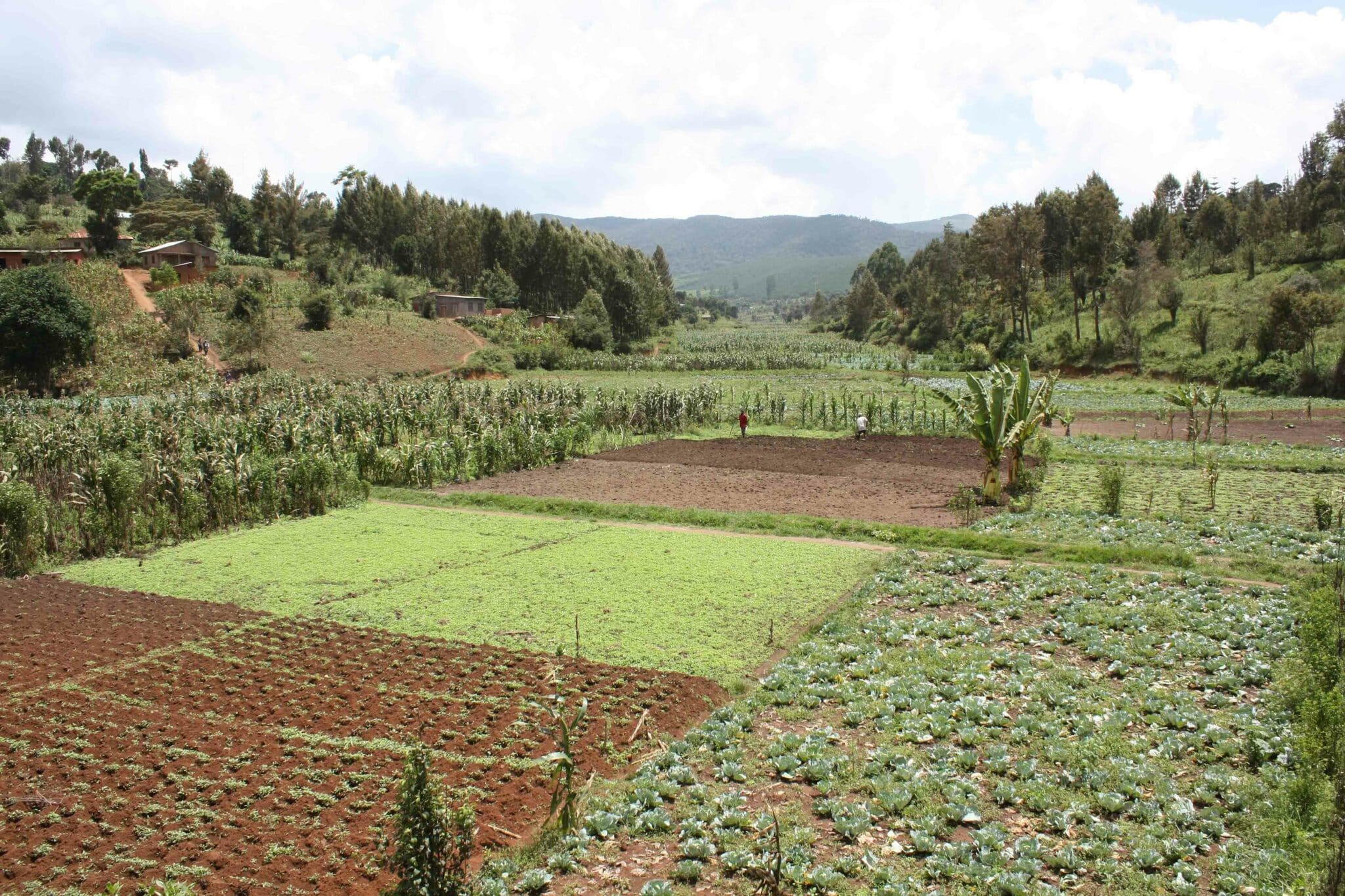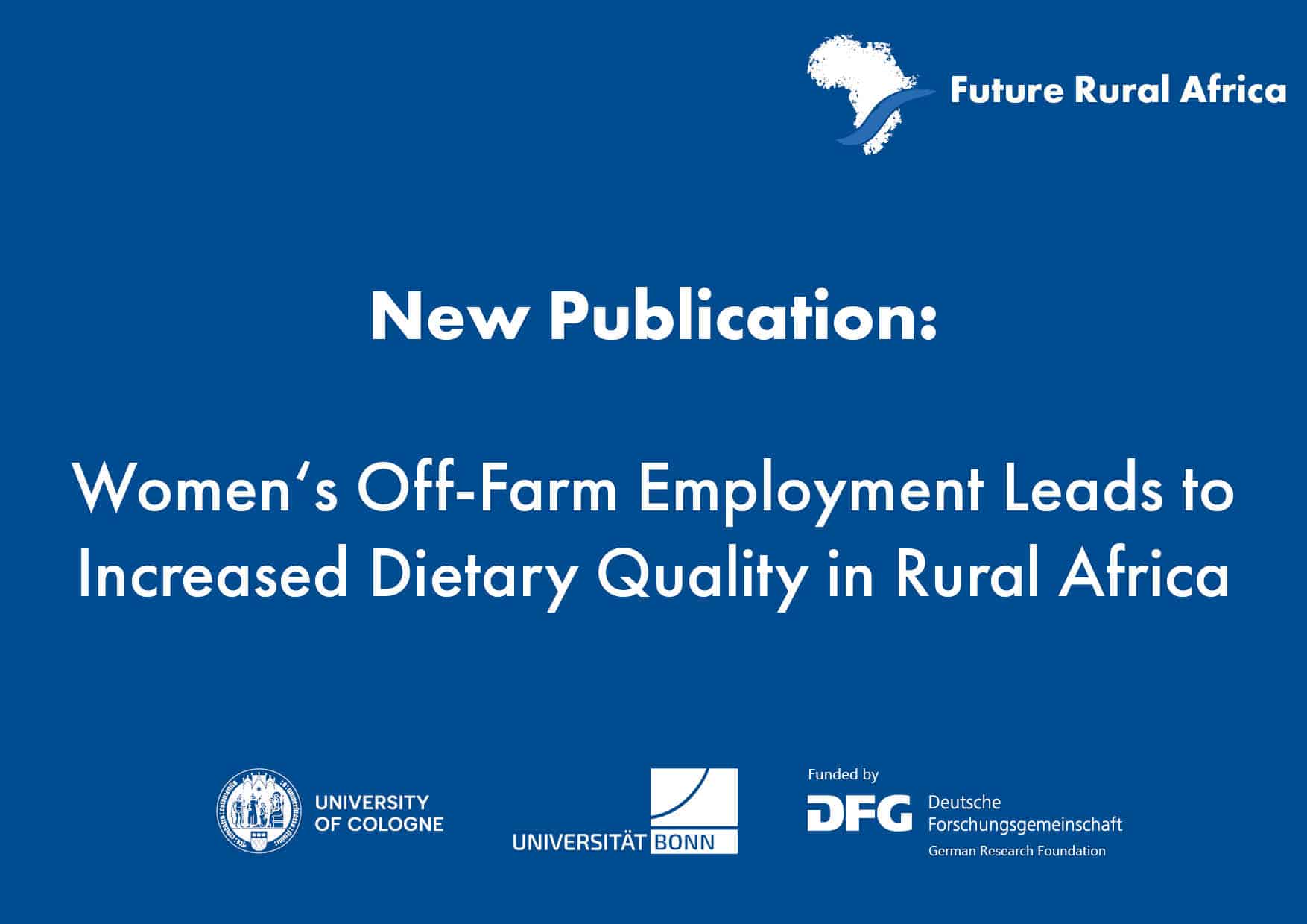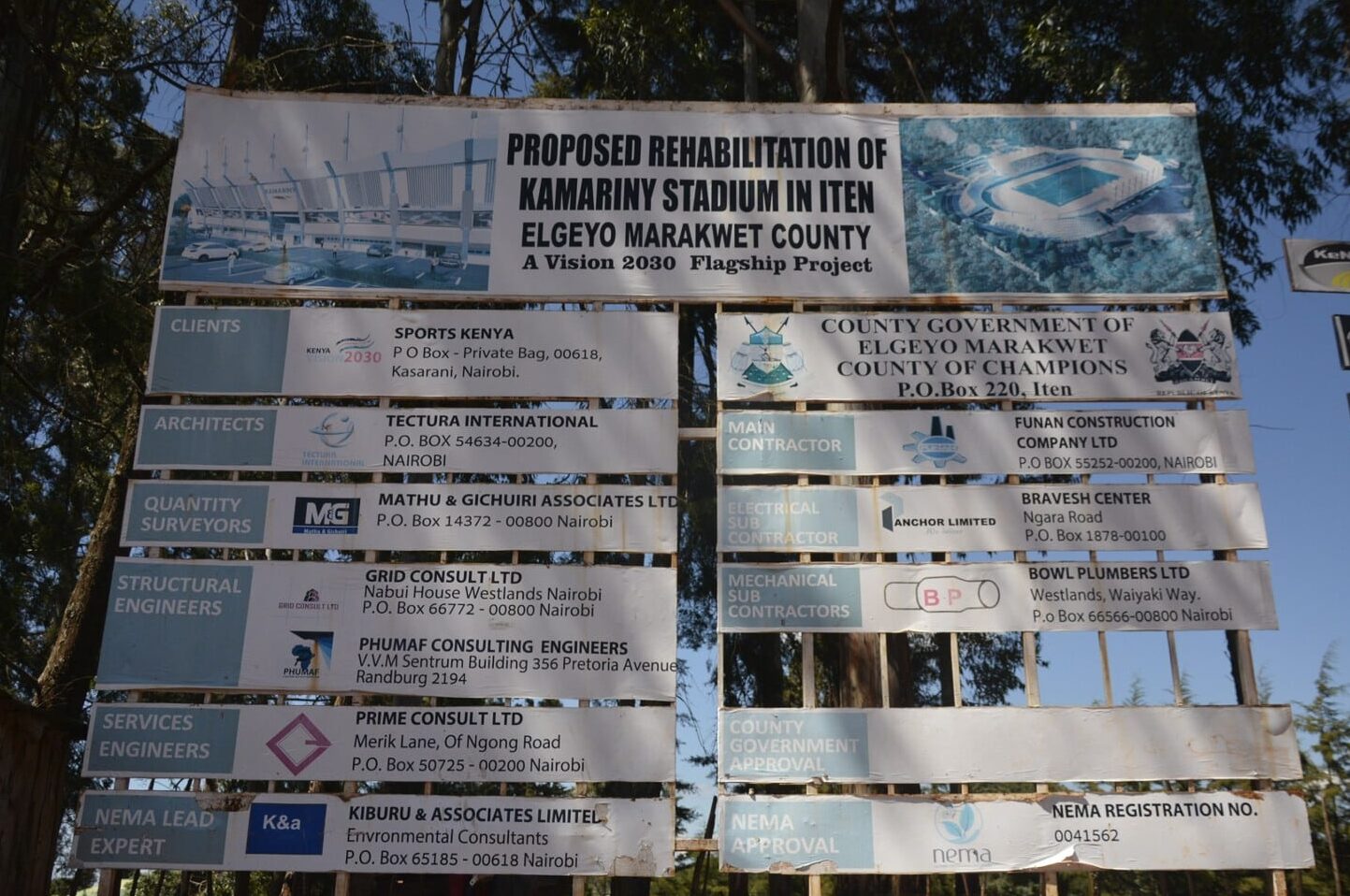By Matthias Langensiepen, CRC Project A03 Agro Futures
East-African and German wetland scientists and policy-makers established a new environmental policy-framework for reconciling East-African wetland conservation with human needs. Fundamental questions were discussed: What is the relation between environmental science and policy? Does it make sense to protect nature when people are hungry ? On what basis can environmental conflicts be solved? Which policy process theories could be applied? How can prescriptive modelling be overcome? The solution was motivated by a recent report on Diverse Values and Valuation of Nature published by the Intergovernmental Science-Policy Platform on Biodiversity and Ecosystem Services (IPBES 2022). A new Cognitive Driven Information Design (CDID) method was developed to support policy analysts in preparing environmental decision scenarios for socio-political deliberation.
It is rare that scientists and policy-makers write an article together. It has been a mutually enriching experience. We hope you will enjoy reading it.
Reference
Langensiepen M., Omwandho Opiyo E., Kaudia A.K., Rugege D., Richard K., Akotsi E., Ashitiva D., Ningu J.K., Munyazikwiye F., Ngaboyamahina T., Urassa J.K., Ugen M., Sebashongore D., Oyieke H., Misana S., Kammesheidt L., Becker M. 2023. Reconciling East-African wetland conservation with human needs: Managing uncertainties in environmental policy design. Wetlands 43, 36. DOI






